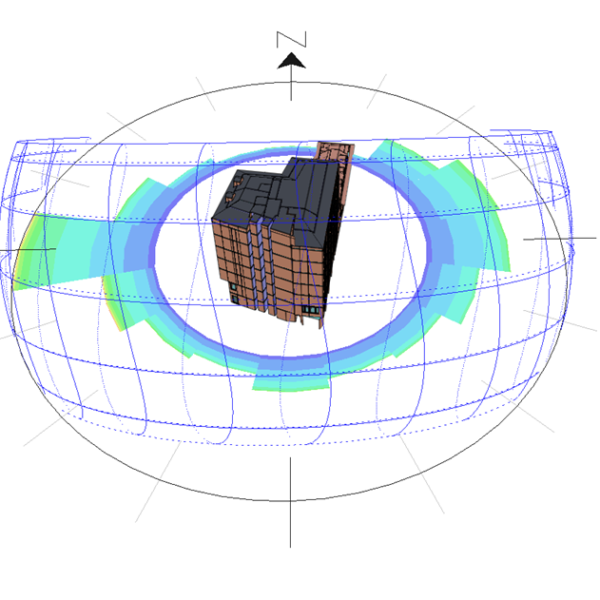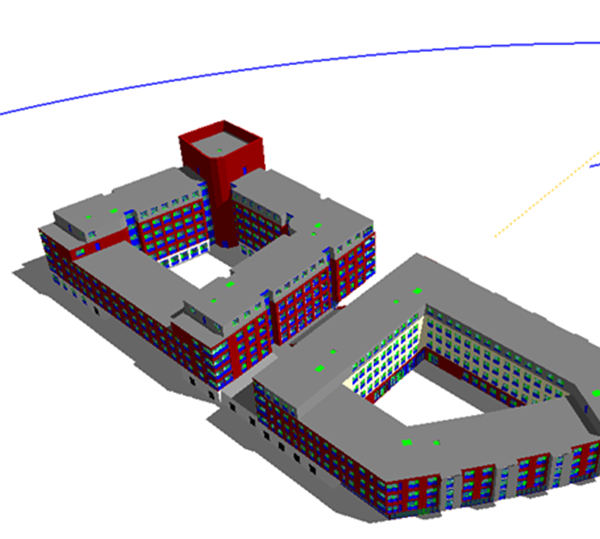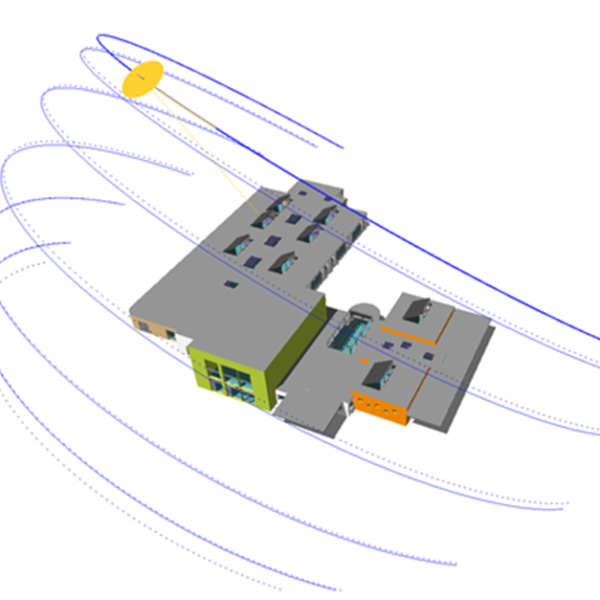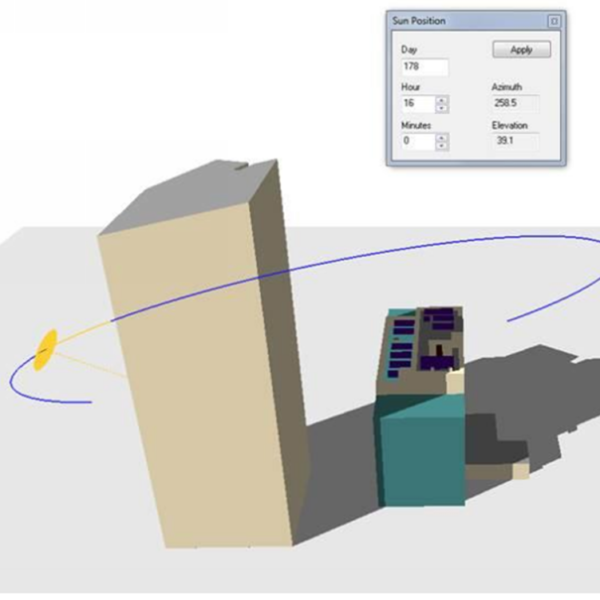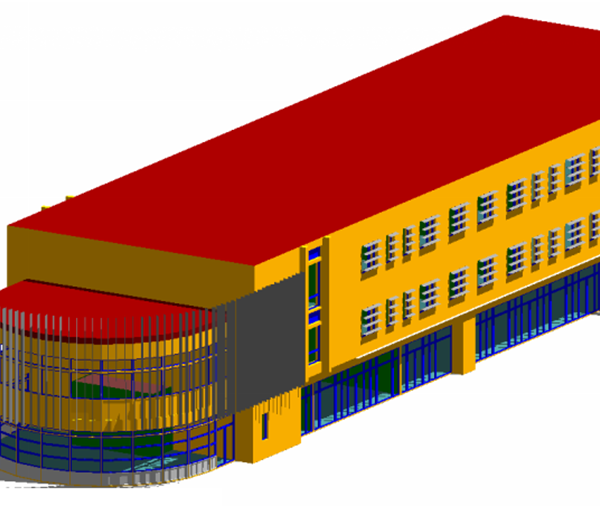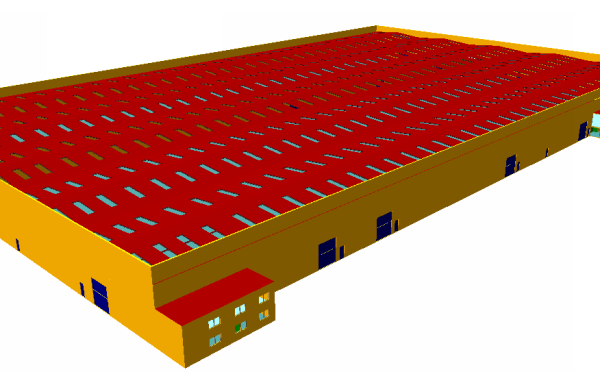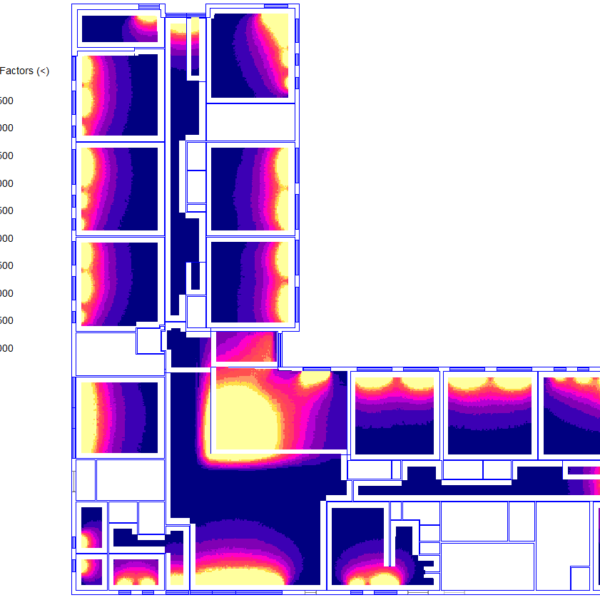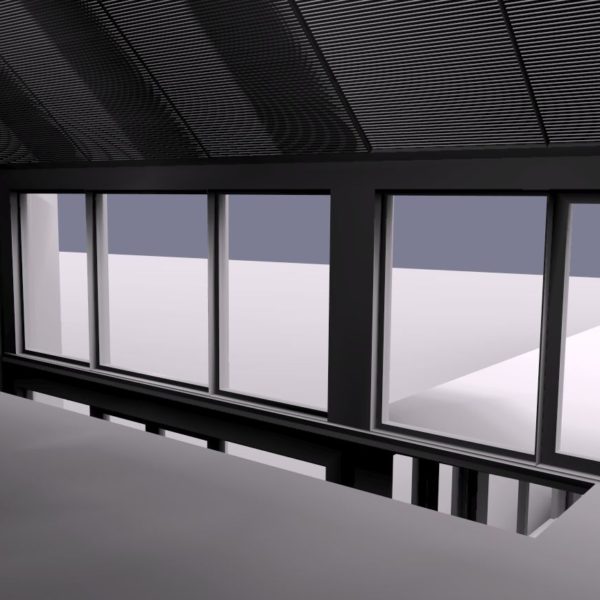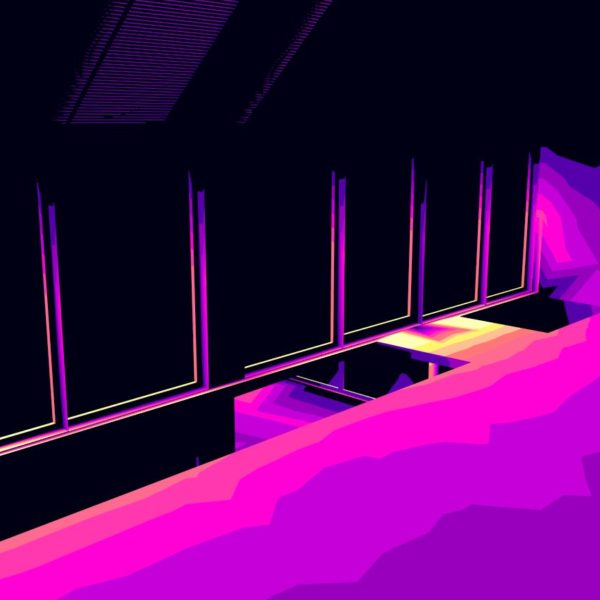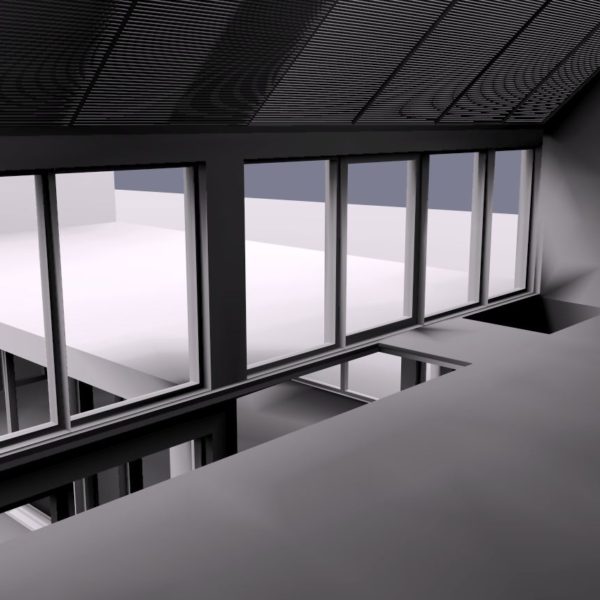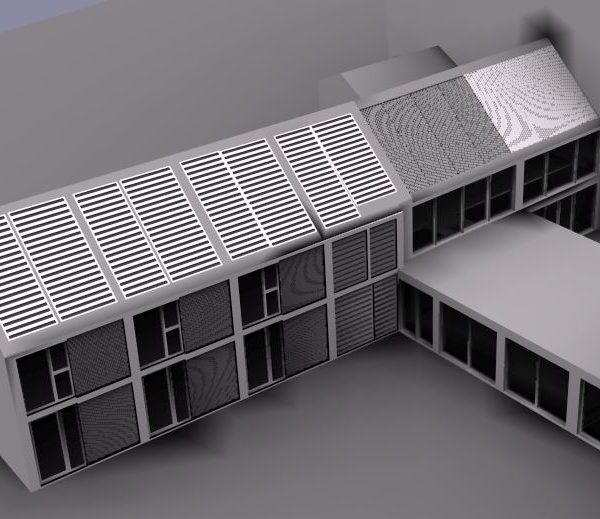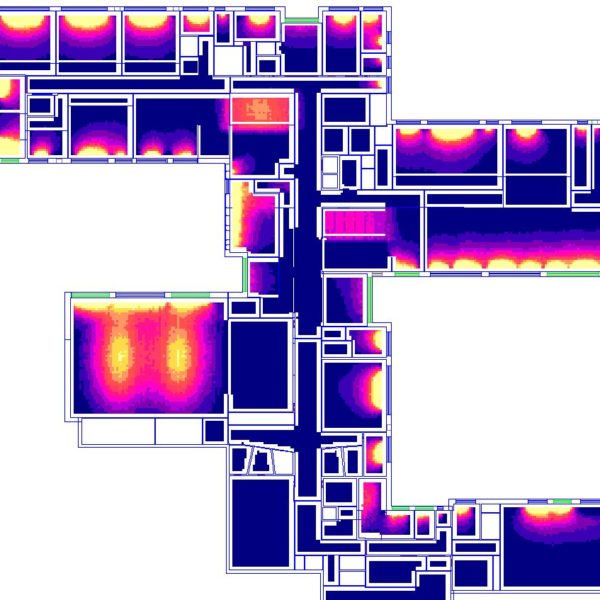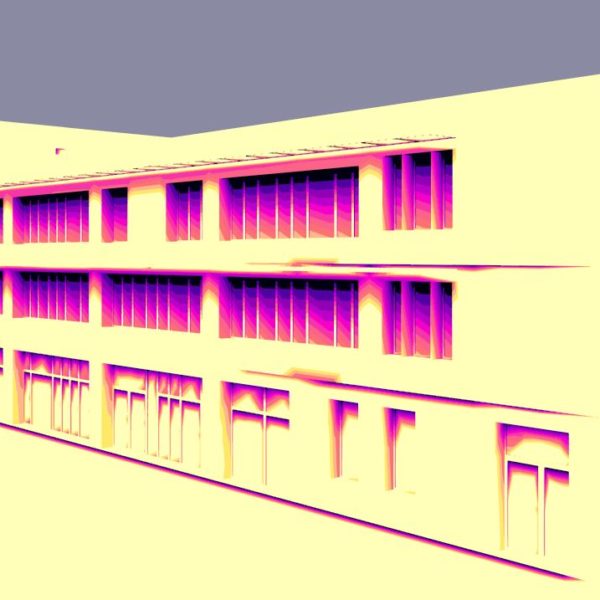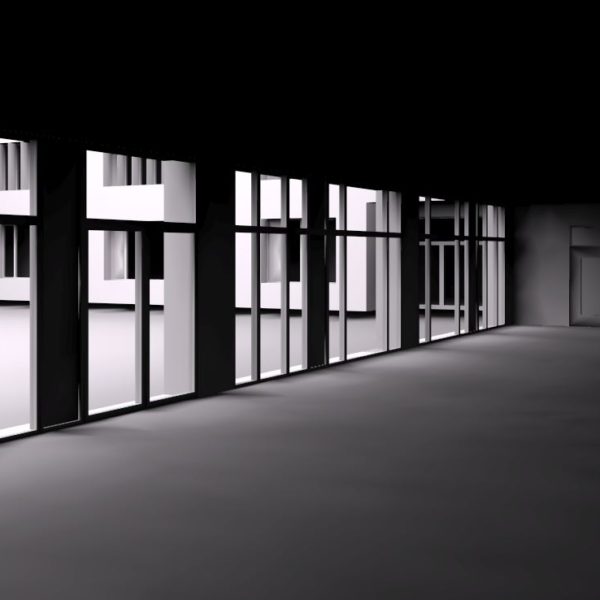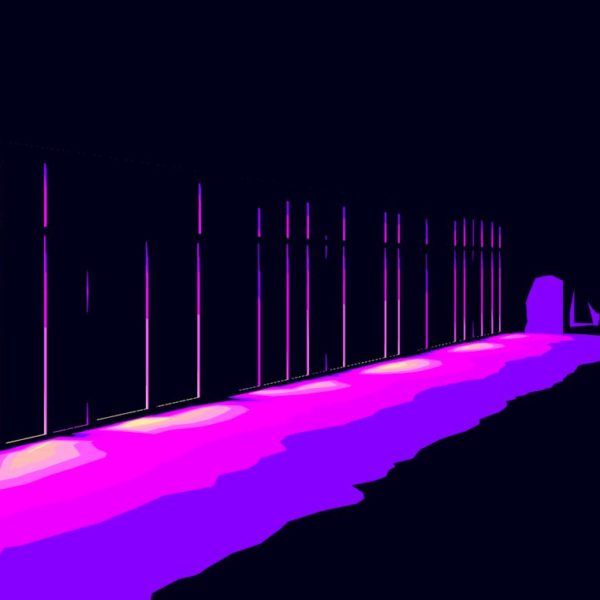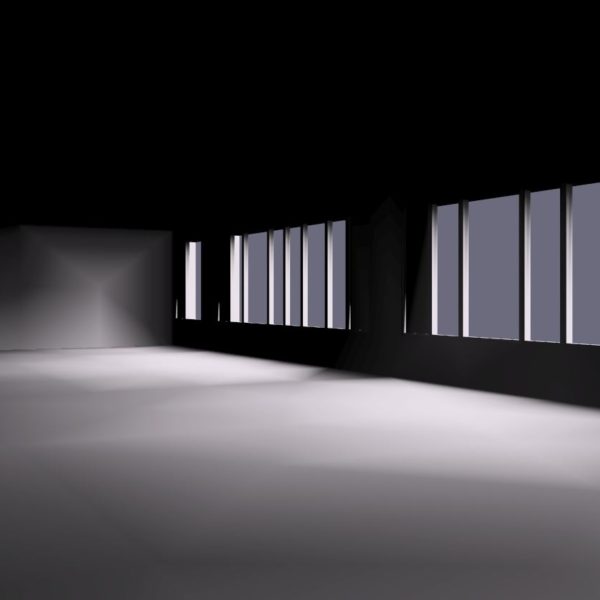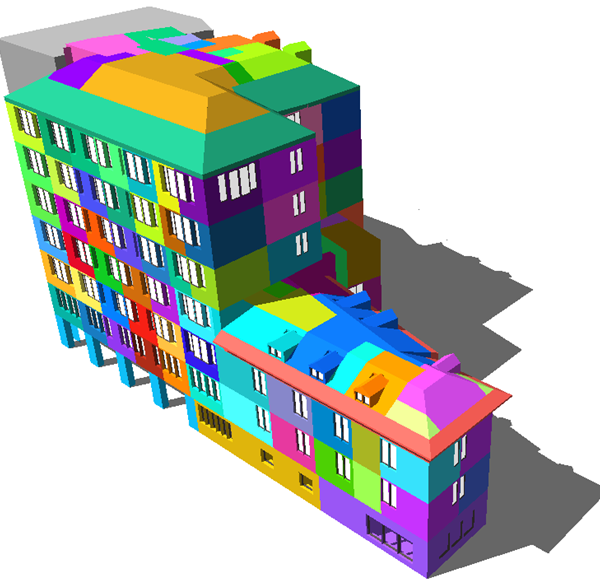The Sustainability Team
Jones King Partnership employs the services of a CIBSE Low Carbon Energy Assessor accredited to provide advice on the most complex of buildings
We utilise the latest Dynamic Simulation Modelling (DSM) software to provide comprehensive solutions for the following services –
- Adaptive Thermal Comfort Analysis and Reports (TM52, TM59, BB101)
- Building Fabric Performance (U-values calculations, condensation analysis)
- Climate Based Daylight Modelling (CBDM)
- Dynamic thermal & Energy performance modelling
- Energy Performance Certificates (EPC)
- Energy Strategy Reports and Sustainability Statements for Planning applications
- Feasibility studies for Low Zero Carbon technologies
- Part L Building Regulations Compliance (SAP & SBEM calculations)
- Strategic Advice on Passive Strategies (solar shading, natural ventilation, night cooling etc)
Passivhaus is an energy and occupant comfort standard which focuses on the fabric-first approach by reducing energy consumption in buildings by design, instead of relying on renewable to merely offset carbon
This is typically achieved through high levels of insulation, exceptional air tightness, high performance windows and doors and highly efficient mechanical ventilation heat recovery system

Passivhaus need not cost more than conventional construction
- Individual design consultancy meeting the stringent criteria required by the Passivhaus standard for developers, contractors and designers
- PHPP Calculations (optimisation of the form, orientation and fabric of the building services
We also offer advice and design services for BREEAM assessments that can achieve an Excellent Level. Working in conjunction with other design team members, we provide a design and advisory service to aid compliance with the services requirements including commissioning management, daylight analysis, sustainability reports and thermal modelling
Building Physics
From the inception of a project right through to building handover and beyond, Jones King Partnership provides clients with valuable advice and experience on every aspect of a building’s performance Utilising the most up to date Dynamic Simulation Modelling (DSM) software we can analyse large and complex buildings to make an accurate assessment of energy consumption, CO2 emissions, operating costs and anticipated comfort levels for building occupants Working closely with our clients and the design team from concept/feasibility right through the design process, we provide assistance and guidance to help understand how early decisions can impact upon the energy consumption, carbon emissions, daylight and thermal comfort of a building. These decisions are influenced by using ‘evaluation tools’ such as DSM software, EDSL TAS however this does not replace intellectual effort and ‘engineering judgement’ that is applied to each and every project With our extensive knowledge of building physics we treat the building as a system with parameters that should be met, i e comfortable internal temperatures, high indoor air quality, adequate ventilation and high visual acuity (lighting). We believe that the aspirations of our clients should be met, providing a building that meets with the needs of the users Whether planning a low carbon or zero carbon building the Jones King Partnership Sustainability team is here to help!
Lighting Design / Daylighting / CBDM
At Jones King Partnership we believe that the well being and experience of building occupants can be greatly influenced by creating well lit and pleasing environments in which people can live and work Smartly lit buildings can enhance the architectural design finishes and materials to provide visually pleasing environments. We work closely with our clients and as part of design teams to create imaginative lighting designs for all building types and applications The lighting of a building can be by either natural or artificial means. We create designs that meet and exceed current standards, provide energy efficient solutions and ensure the safety and security of all occupants To achieve these aims we use the latest software packages such as Dialux and TAS, including climate based daylight modelling, to ensure that our designs are optimized for visual and energy efficient performance. Communicating fully at all times we also provide visual representations at early stages to inform our clients and the design team
Renewable Energy Design
Renewable energy design considers the use of natural resources which can enhance and benefit the energy performance of a building. The energy profile of a building, along with legislative requirements and financial considerations are balanced against these natural resources. Whatever the solution we can provide expert advice tailored to your needs As part of the design process, we assess all aspects of renewable energy design, providing a detailed analysis of site suitability, energy and carbon dioxide savings, capital costs, financial benefits and payback times We strongly believe that renewable energy technologies should not be seen as a ‘bolt on’ to pass the Part L tick box. Whether designing a single small residence or a large scale development we can provide the expertise to provide an impartial view on the renewable energy market enabling the most suitable technologies to be incorporated into your project Our renewable energy design services include
- Feasibility studies
- Low / zero carbon and renewable energy reports for inclusion in planning submission
- Feed-in-Tariffs (FITS), Renewable Heat Incentive (RHI) and legislative advice
Energy Performance Certificates
Energy Performance Certificates (EPCs) are required whenever a property (commercial or domestic) is constructed, sold or let. An EPC indicates how energy efficient a building is and what impact the building’s energy use has on the environment. They contain information about a property’s energy use and average costs, using a rating system from A (most efficient) to G (least efficient) similar to those used on kitchen appliances. Energy Performance Certificate regulations state that it is a legal requirement to supply them to potential buyers or tenants before actively marketing your property, or signing a tenancy agreement. From the 1st April 2018 there will be a requirement for any properties rented out in the private rented sector to normally have a minimum energy performance rating of E on an EPC. The regulations will come into force for new lets and renewals of tenancies with effect from 1st April 2018 and for all existing tenancies on 1st April 2020. It will be unlawful to rent a property which breaches the requirement for a minimum E rating, unless there is an applicable exemption The Energy Performance Certificate also contains recommendations on reducing energy consumption, Carbon Dioxide emissions, improving energy efficiency and energy costs. The Certificates are valid for 10 years. At Jones King Partnership, we are experienced in undertaking energy reviews and surveys, offering a full range of services from simple strategic advice to full detailed energy surveys. We assist clients to reduce energy demand by identifying areas of inefficiency and wastage and provide advice on renewable energy installations. Jones King Partnership employs a number of registered CIBSE Low Carbon Consultants and a CIBSE Low Carbon Energy Assessor. Jones King Partnership is approved to issue EPCs up to level 5. All non-domestic EPCs must be carried out by, or be under the direct supervision of, a trained non-domestic energy assessor, registered with an approved accreditation body. For those wishing to take advantage of the money being provided by the government for the generation of energy through the Feed in Tariff (FiT’s – electrical generation from renewable sources) or the Renewable Heat Incentive RHI’s (Heat generated from renewable sources) an EPC for the building will be required. Part L (The Conservation of Fuel and Power) of the Building Regulations has seen a significant change in the approach to the design of services. We give clear advice to clients to achieve compliance and are fully conversant with the use of the National Calculation Methodology (NCM) in relation to the Energy Performance of Buildings Directive (EPBD). Why not call 0117 922 1681 and speak to one of our Energy Assessors to discuss EPC certificates and your requirements in more detail, with no obligation.
Sustainable Design
From the initial design brief, our sustainability engineers work closely with the design team to implement design cooperation and coordination to ensure that all inter related sustainability issues are addressed Our sustainability champion role can be extended to the construction stage and ensure effective implementation of the sustainable design principles Our services include:
- Daylight and Sunlight studies
- Energy Statements and CO2/Carbon Emission Reports
- External Light Pollution studies
- Indoor Air Quality (IAQ) Strategies
- Passive Design Strategies
- Renewable Energy Strategies
- SBEM Certification
- Studies of Pollution from Building Services
- Thermal Comfort Analysis including Percentage of People Dissatisfied (PPD) and Predicted Mean Vote (PMV) and adapting buildings for climate change for BREEAM HEA04 in accordance with CIBSE AM11
- Water Efficiency Strategies; rainwater harvesting, grey water recycling


